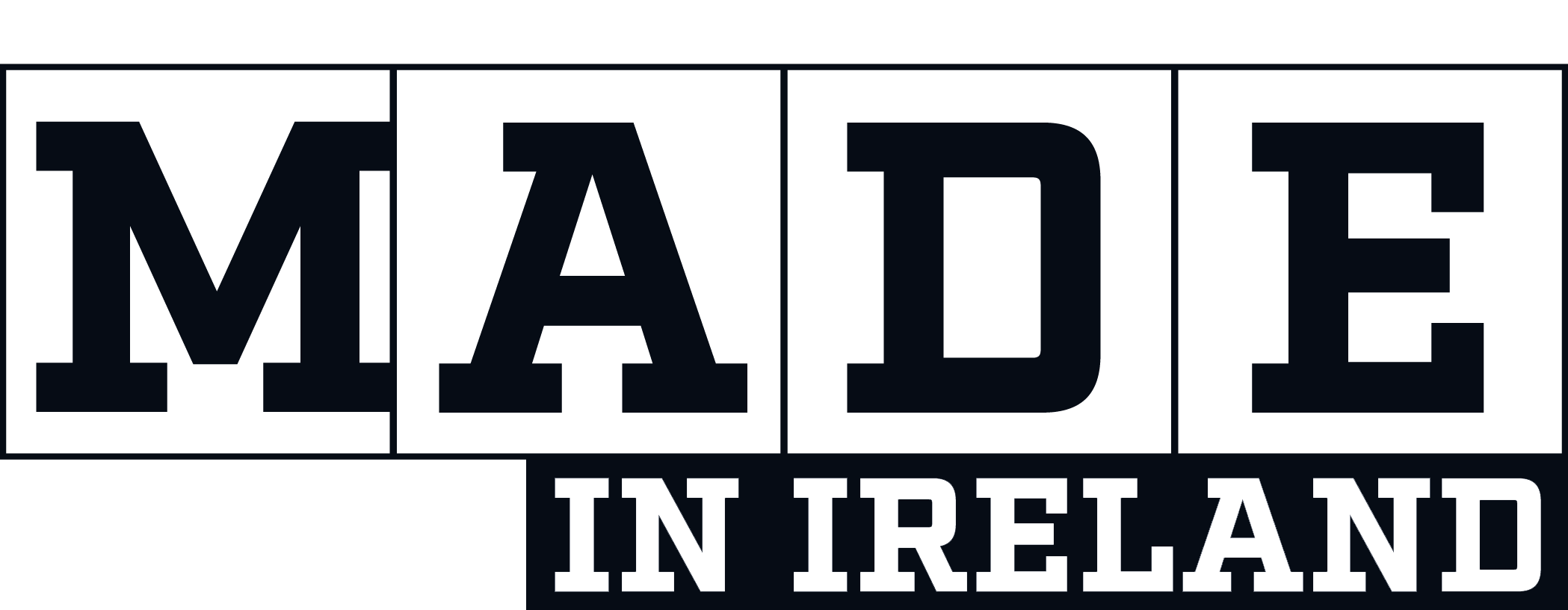A slightly higher percentage of Leaving Certificate maths students than last year selected the higher-level paper (36.3% in 2024 versus 35.8% in 2023). This is despite a fall in the overall number of students sitting a maths paper of any level, which reduced this year to 56,024, a drop of 1,324 from 2023, roughly proportionate to the overall drop in the number of students sitting the Leaving Certificate between these two years.
Despite a slightly improved interest in higher-level maths, uptake of other maths-related subjects remains low. Just 7,310 students sat a physics exam, 6,335 sat an engineering exam, and 1,743 sat an applied maths exam, representing just 13%, 11%, and 3% of the 56,791 Leaving Certificate students this year, respectively.
Literacy in maths is a skill highly sought after by employers in an increasingly technological age, with roles in science, technology, and engineering highly reliant on strong mathematical ability. Many disciplines of engineering feature on the State’s Critical Skills Occupations List, which lists professions where there is a shortage in respect of qualifications, experience or skills.
Earlier this year Engineers Ireland’s report Engineering 2024: A Barometer of the Profession in Ireland found that the employment market for engineers was positive, with 71% of engineering directors and managers planning to recruit engineers in 2024 and around 6,000 engineering job vacancies projected.
Speaking about today’s Leaving Certificate results, Engineers Ireland Director General, Damien Owens, said,
“I wish to congratulate all students on their achievement today in what has been the culmination of years of hard work. It is important to stress, in what can be a day of mixed emotion for students, that there are many pathways into professions and that is also true of engineering, with apprenticeship routes into the profession becoming increasingly popular. I encourage students and parents to assess all of these options in the days and weeks ahead.
I also ask Government and the Department of Education to look closely at how more students can be encouraged to study other STEM subjects related to engineering. Revisions in approaches to maths education has successfully resulted in more students sitting higher-level papers, however other engineering-related subjects like physics, applied maths, and others currently attract a comparatively small level interest. I hope addressing this will become a focus for Government in the coming years, given the central role many of these subjects play in professions that will be crucial to building the infrastructure and technology needed to meet the challenges of tomorrow."










